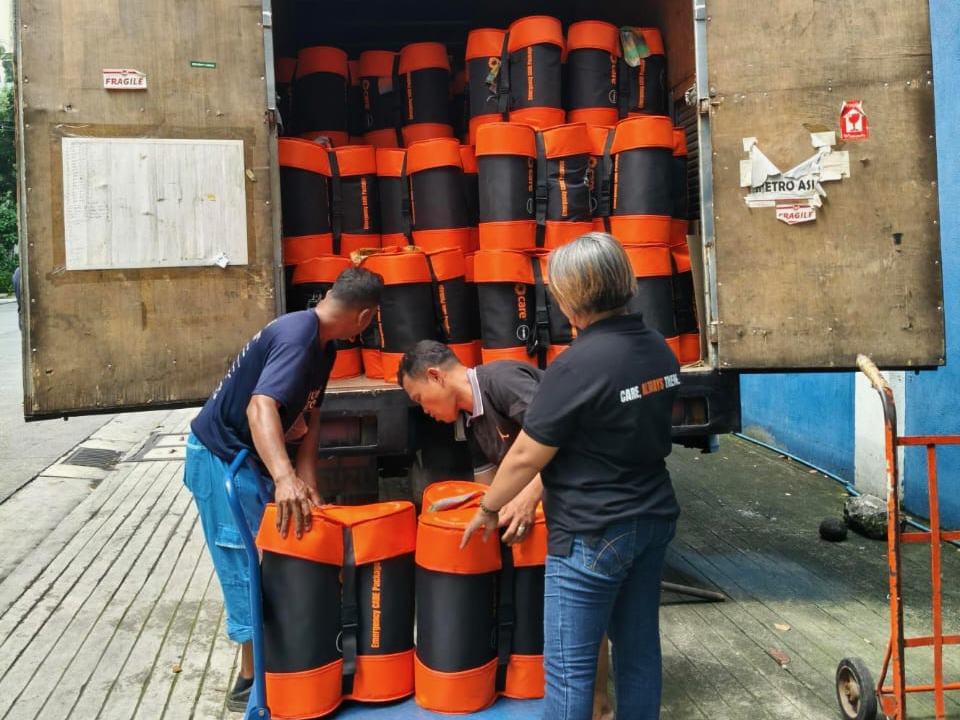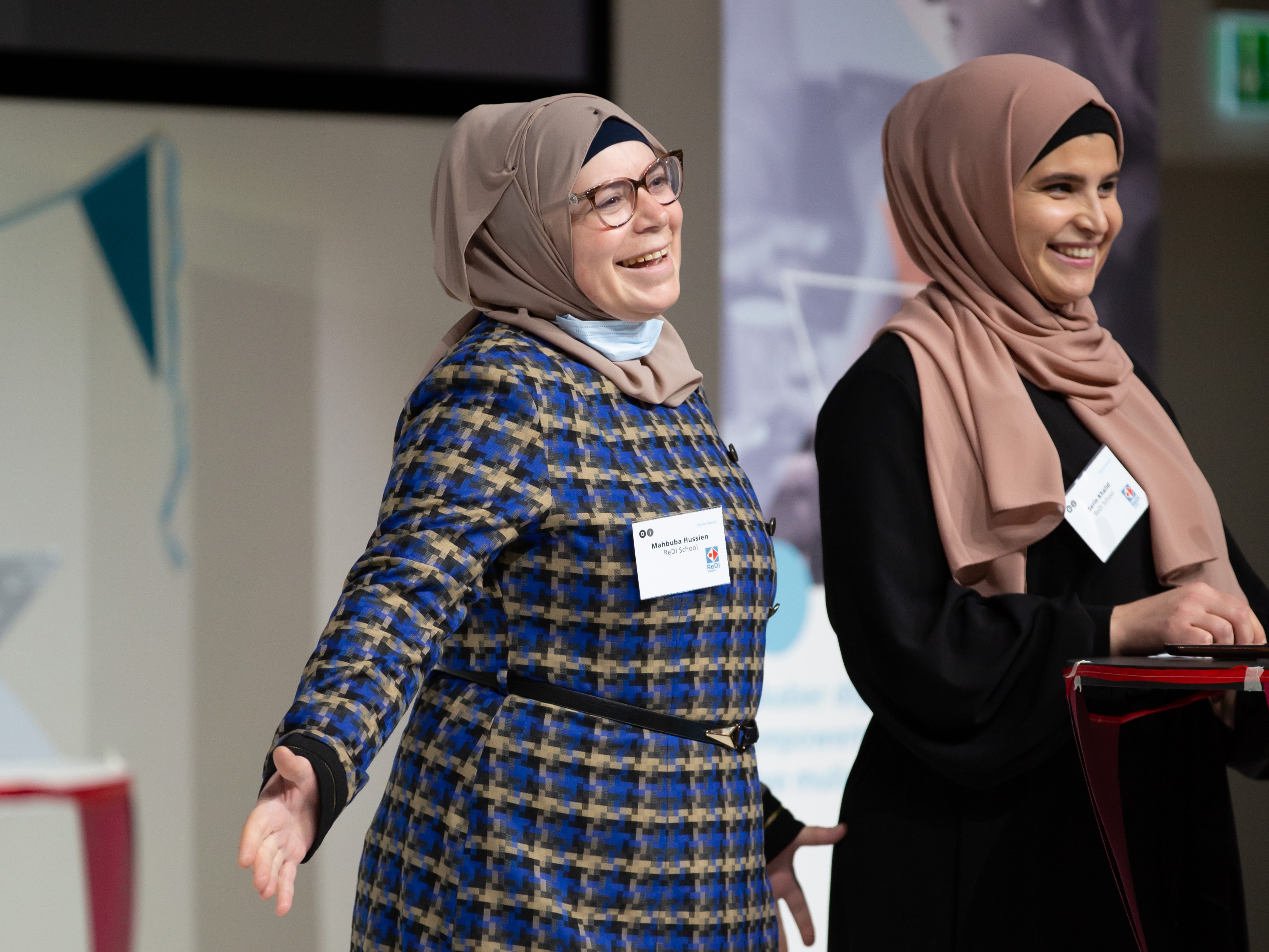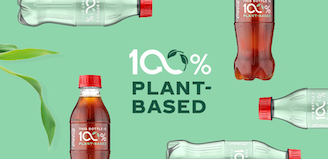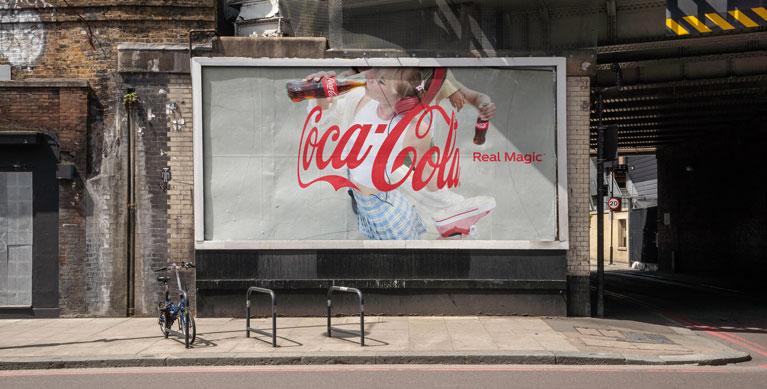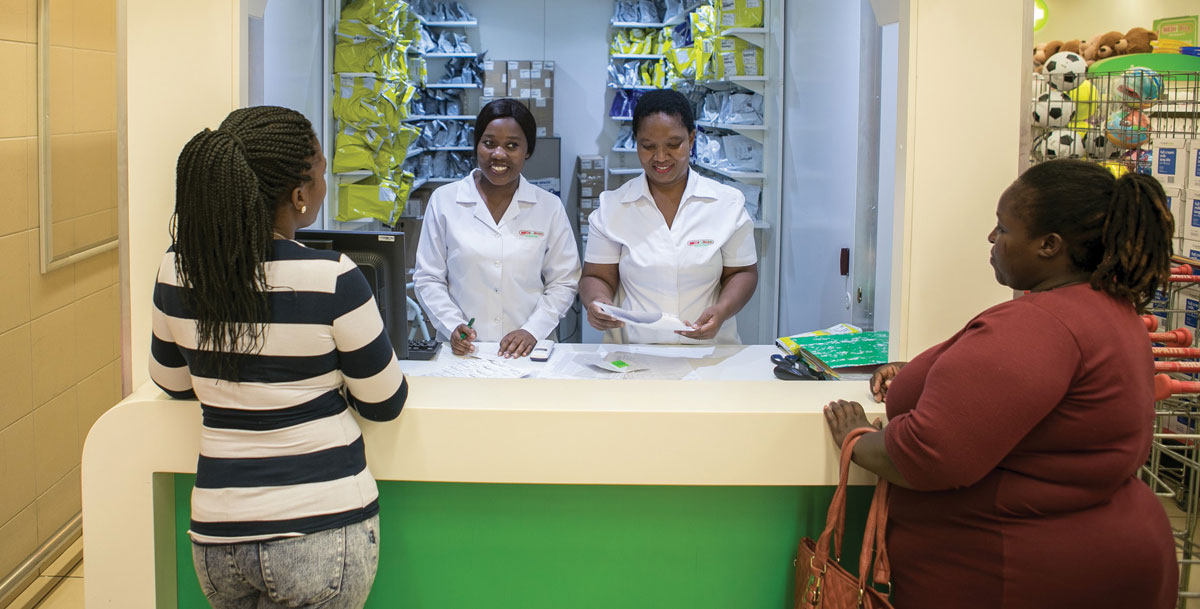We aim to help address complex global challenges to leave a lasting impact in our communities
Our Commitment
Our mission is to make a difference in communities around the world by investing in transformative ideas and institutions that help address some of our most pressing global challenges.
As the primary philanthropic arm of The Coca‑Cola Company, we are working to support the local and global changemakers leaving a measurable and lasting impact in areas around the world where the Company operates and where our employees live and work.
In the last 40 years, The Coca‑Cola Foundation has awarded more than $1.7 billion in grants to support initiatives around the world. Our focus areas aim to address sustainable access to safe water, watershed conservation, recycling value chains, disaster preparedness and response, economic empowerment, and causes impacting our hometown community.
Our Approach
Philanthropic Funding
We invest in transformative ideas and institutions through grants and impact investments.
System Expertise
We leverage the capabilities and insights of the Coca‑Cola system to help partners successfully implement projects.
Collective Action
We build partnerships across organizations and geographies to help deliver impact at scale.
- Sustainable Access to Safe Water
- Watershed Conservation
- Disaster Preparedness and Response
- Recycling Value Chains
- Economic Prosperity
- Hometown
- Employee Giving
About us
Grant proposals | The Coca‑Cola Foundation is committed to supporting communities across the world. Our giving is guided by a firm set of priorities. Out of respect for the time and resources of all our stakeholders, we do not accept unsolicited proposals for grants.
Giving and financial statements | The Coca‑Cola Foundation awards over 200 grants per year.







